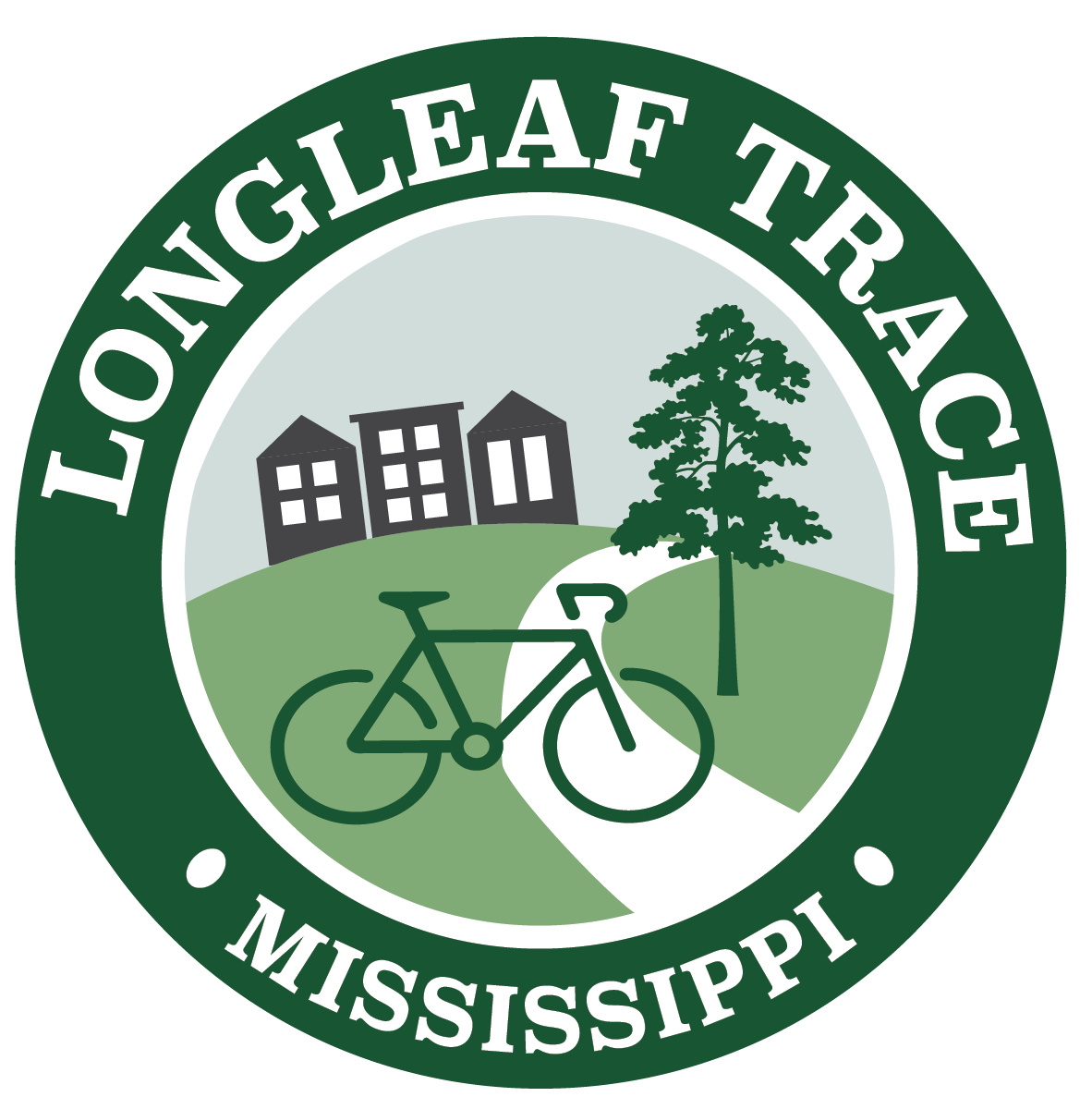New manuscript published about the nearby Long Leaf Trace
The LEAF lab published an article examining community members' attitudes toward the Long Leaf Trace trail in the Hattiesburg area (August, 2023)

The LEAF Lab recently had a manuscript accepted by by the Journal of Outdoor Recreation and Tourism titled “Exploring the attitudes and experiences of those living near a multipurpose recreation trail in the southern United States." This article represents the LEAF Lab’s efforts to engage in work that has multidisciplary impact. Further, it represents the lab’s first foray in to qualitative reserach!
As psychologically-oriented researchers, we were able to bring a depth of understanding related to participants' attitudes and perceptions of the Long Leaf Trace - both why they love it, and why, at least for some, they hesitate to use it. We also emphasized how cultural and other individual factors can impact people’s perceptions and usage of related recreation facilities and sought to provide guidance to those who develop and maintain these resources.
Abstract: To encourage engagement in health behaviors, communities have developed outdoor physical activity facilities such as multipurpose trails, including trails that have been converted from unused railways. A recent review called for more qualitative investigations related to these trails, which may inform future development and management of these facilities by ensuring accessibility and usability among diverse community members. Twenty adults in Mississippi who lived along a rail-to-trail participated in semi-structured interviews. Those interviews were transcribed and analyzed using thematic analysis to identify relevant themes. Three themes were constructed: The trail is an abundant resource, you need to take precaution on the trail, and the trail is a point of community pride. Subthemes for the first theme were that the trail is a place for healthy recreation, it provides an escape, and it supports social life. Subthemes for the second theme were that you must take the design of the trail into account when using it, women are targets on the trail, and road intersections are dangerous. This study identified important attitudes and concerns held by those who live near a multipurpose rail-to-trail. The trail, while seen as an important resource for recreation and healthy living, is also seen by many as risky to use, particularly when alone or at night. These findings can inform the work of those who design, develop, and maintain these facilities as well as clinicians and educators who encourage people to engage in healthy outdoor activities.